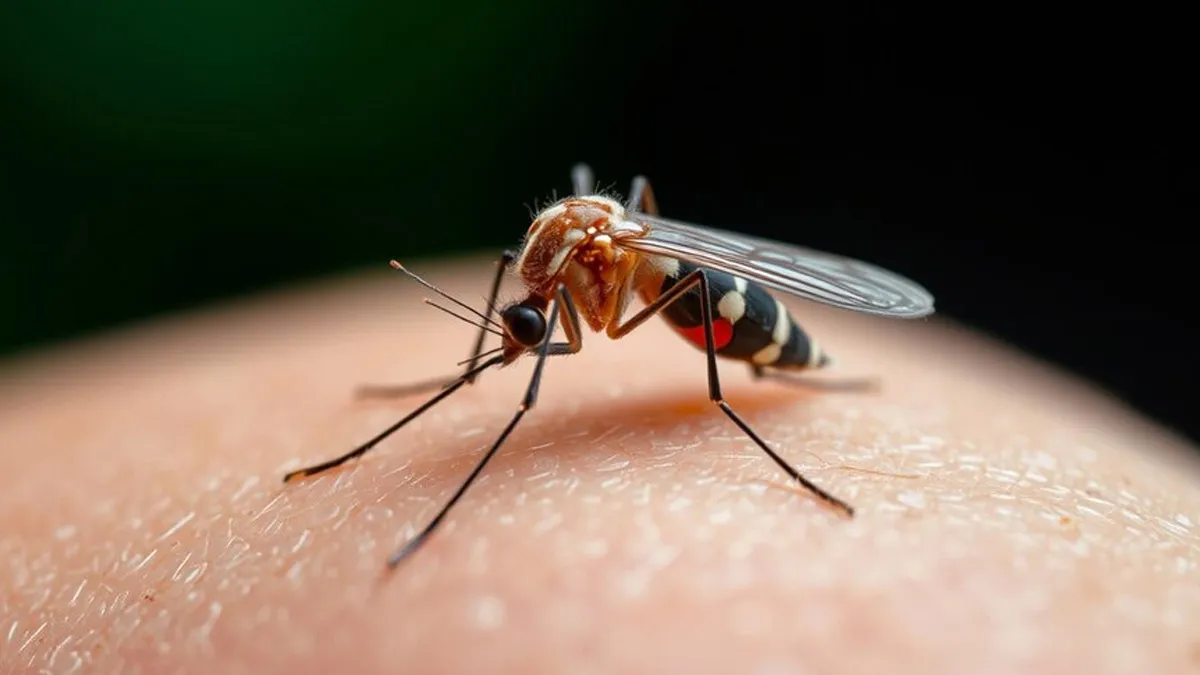
Mumbai is seeing a concerning increase in a number of vector and water-borne diseases this year, with new figures showing malaria, chikungunya, and hepatitis cases have gone up drastically between the months January and mid-August 2025.
Table of Content:-
According to the Brihanmumbai Municipal Corporation’s (BMC) latest Monsoon-Related Diseases report, the number of malaria cases has jumped by nearly 20% compared to the same period last year. From January through August 14, the city recorded 4,825 malaria cases, up from 4,021 during the same timeframe in 2024.
Chikungunya, another mosquito-borne disease, has also registered a perceivable increase. As many as 328 cases have been registered so far this year, against 210 cases during 2024. Hepatitis cases, mostly of Hepatitis A and E, which are usually associated with polluted water and sanitation issues, have also registered a slight increase, with 703 cases registered so far during the year, an increase from last year's 662.
A Mixed Bag of Trends
Although the increase in some diseases is a cause for worry, there is good news. In the same time frame, cases of dengue, leptospirosis, and gastroenteritis have decreased. Health authorities indicate that this could be due to better public awareness campaigns, increased sanitation efforts, and early interventions.

Also Read: Weight Loss Drugs May Cause Personality Changes: All You Need To Know About 'Ozempic Personality'
While this encouraging trend may please anyone, experts are warning that the monsoon season, which usually aggravates the transmission of mosquito-borne and waterborne diseases, is far from done. With water stags in most parts of the city and sanitation issues in crowded neighborhoods, the risk of disease transmission has not decreased yet.
What You Can Do to Stay Safe
According to expert, there are several measures the residents can take to stay protected. They are urged to:
- Prevent stagnant water inside or outside homes
- Employ mosquito repellents and cover clothes
- Avoid eating or drinking from questionable sources
- Report at the first appearance of symptoms such as high fever, body pains, vomiting, or jaundice
Bottomline
As Mumbai fights both old and new public health challenges, this year's figures emphasise the need for constant watchfulness. While the decline of some diseases brings hope, the increase in others highlights the dynamic and multifaceted nature of urban public health issues, particularly in the monsoon. The BMC also stated that they should provide updates as the season continues, but until then, it is our responsibility to collaborate to prevent infections from spreading in the city.
Also watch this video
How we keep this article up to date:
We work with experts and keep a close eye on the latest in health and wellness. Whenever there is a new research or helpful information, we update our articles with accurate and useful advice.
Current Version
